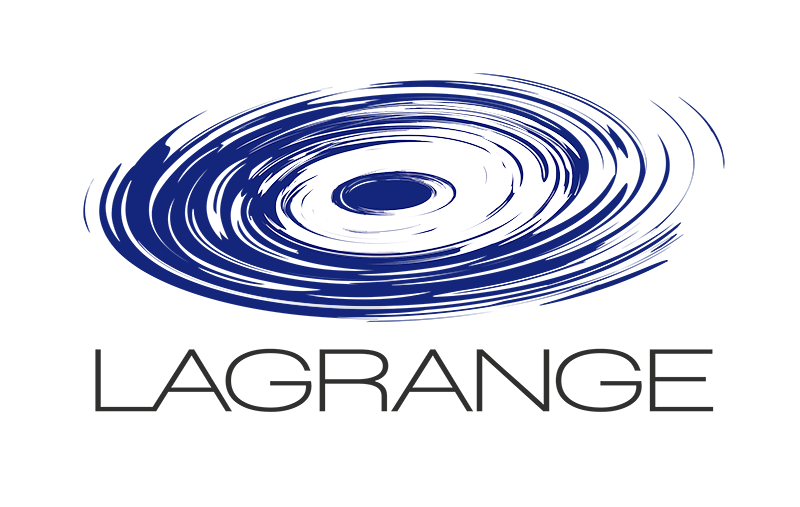Participants: C. Bailet, P. Berio, F. Cassaing, J. Dejonghe, A. Domiciano, S. Lagarde, D. Lecron, A. Meilland, F. Millour, F. Morand, D. Mourard, N. Nardetto, C. Pannetier, F. Patru, K. Perraut, R. Petrov, S. Rousseau, A. Salsi, I. Tallon, M. Tallon
The goal of this progress meeting was to share among all actors the status of the developments on the different aspects of CHARA/SPICA and to establish our roadmap for 2020. For each of the main activities (SPICA-SG SPICA-FT, SPICA-VIS) we discussed also the various points requiring more studies.
Introduction
- Summary of milestones and situation of budget:
 IntroPM20191812.pdf
IntroPM20191812.pdf
SPICA-SG: Science Group activities
- Presentation Nicolas
 Nardetto_spica-atelierNov2019.pdf
Nardetto_spica-atelierNov2019.pdf - Discussion: The SG should also help in defining the required spectral resolutions for the Science programs. Sg will also have important tasks in 2020 for defining the strategies of observations and the methods for performing and monitoring the survey. It may be also interesting to check the work done by P. Cruzalebes for MATISSE in terms of source selection and strategy of night calibration.
SPICA-FT: Fringe tracker activities
- Situation of the development, First results on the Group Delay Close Loop in Nice, commissioning run in January
 StatusFT.pdf
StatusFT.pdf - Continuation of the development of an optimized integrated optics chip:
 VLC20191218.pdf
VLC20191218.pdf - Development of a Python simulator for performance analysis and future developments:
 SPICAFT-Simulator.pdf
SPICAFT-Simulator.pdf - Study of the R-H differential piston
 DiffSpectralPiston20191218.pdf
DiffSpectralPiston20191218.pdf - Action list:different elements are given in the different presentations. The main aspects that will have to be covered in 2020 are the phase delay loop, the kalman filtering, and of course the establishment of performance (first commissiong run in January, second commissioning run end of may, third commissining run Fall 2020).
SPICA-VIS: Visible instrument development
- Design of the injection table (from the CHARA beams to the fibers):
 SPICA-VIS_InjectionTableConceptV02.pdf
SPICA-VIS_InjectionTableConceptV02.pdf - Pre-study of the spectrograph table (from the fibers to the SPICA detector):
 SortieFibre_Detecteur.pdf
SortieFibre_Detecteur.pdf - Pre-study of the addition of visible dichroics in the Six Telescope Simulator (STS):
 PreStudyVisDichroSTS.pdf
PreStudyVisDichroSTS.pdf - Continuation in Calern/MEO telescope (coll. ONERA&CRAL) of the CESAR experiment for the optimisation of the injection in the single mode fibers:
 CESAR_MeO_ODISSEE.pdf
CESAR_MeO_ODISSEE.pdf - Study for the specifications of an optimized Longitudinal Dispersion Compensator for CHARA:
 SPICA-LDC.pdf
SPICA-LDC.pdf - Action list:
 SPICAVIS-actions.pdf
SPICAVIS-actions.pdf
In conclusion, various working meetings will have to be organized (in small groups) in the beginning of 2020 to write the specifications and define more precisely the work:
- opto-mechanical design of the injection table; start of the detailed study.
- high level specifications of the spectrograph table, predesign, detailed study.
- definition of hte observing modes, calibration modes....
- high level specifications of the instrument control software and of the observing control software
- preliminary specifications on the required tools for the survey monitoring and execution




